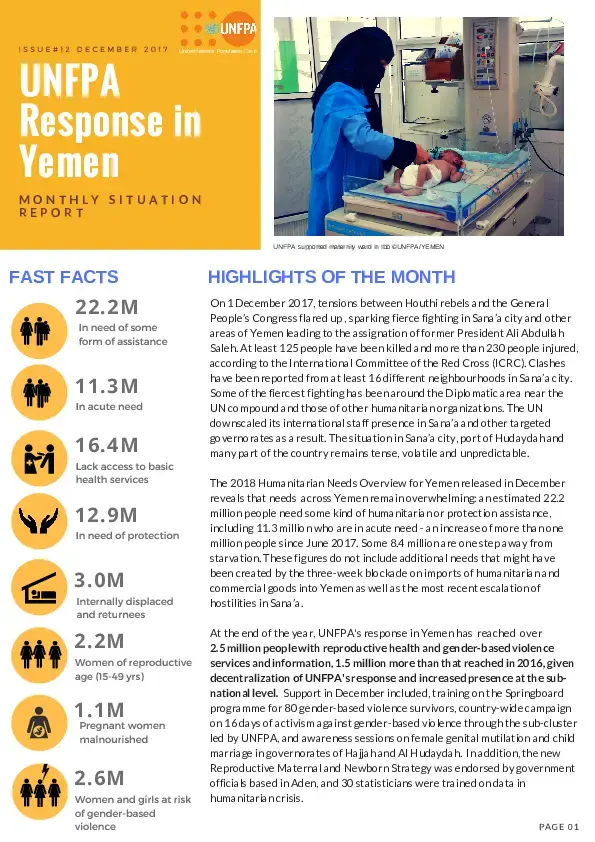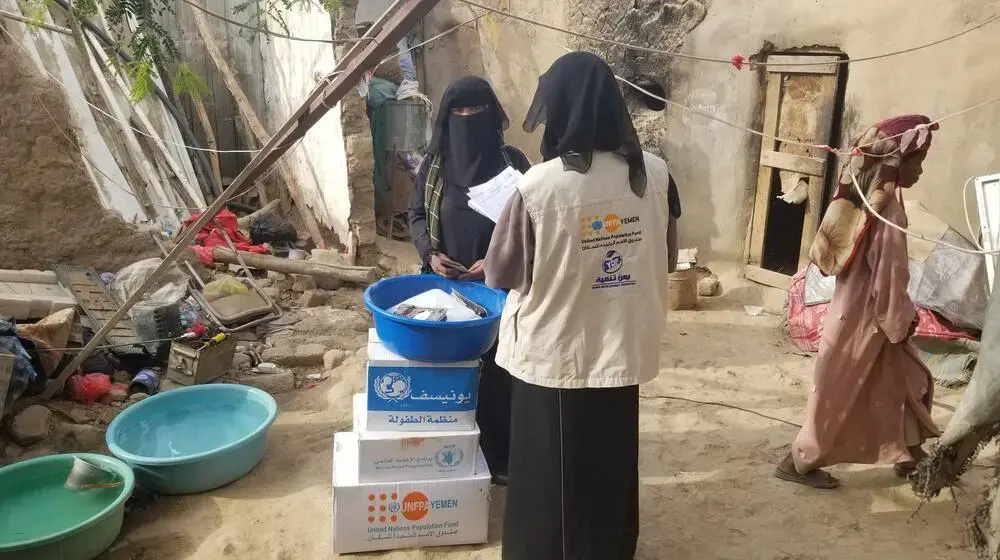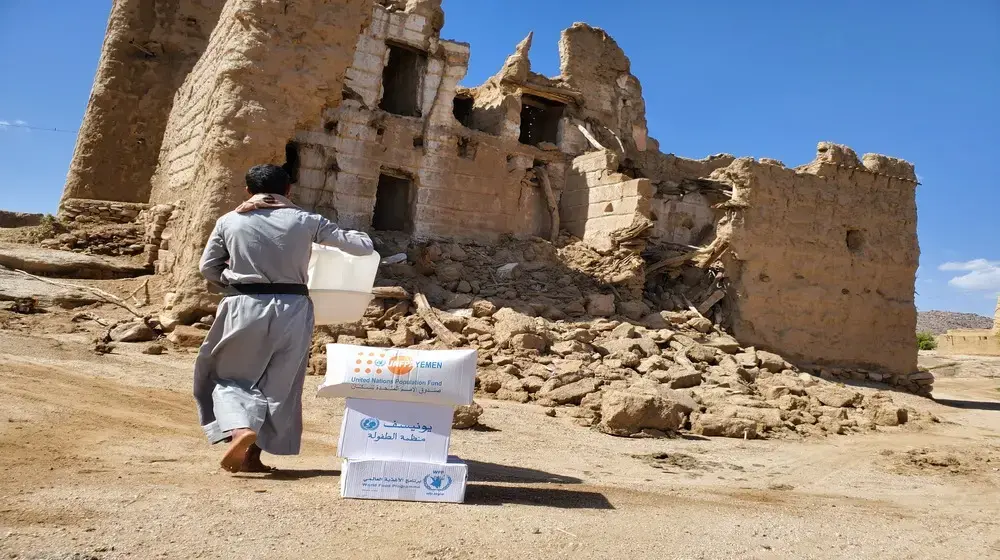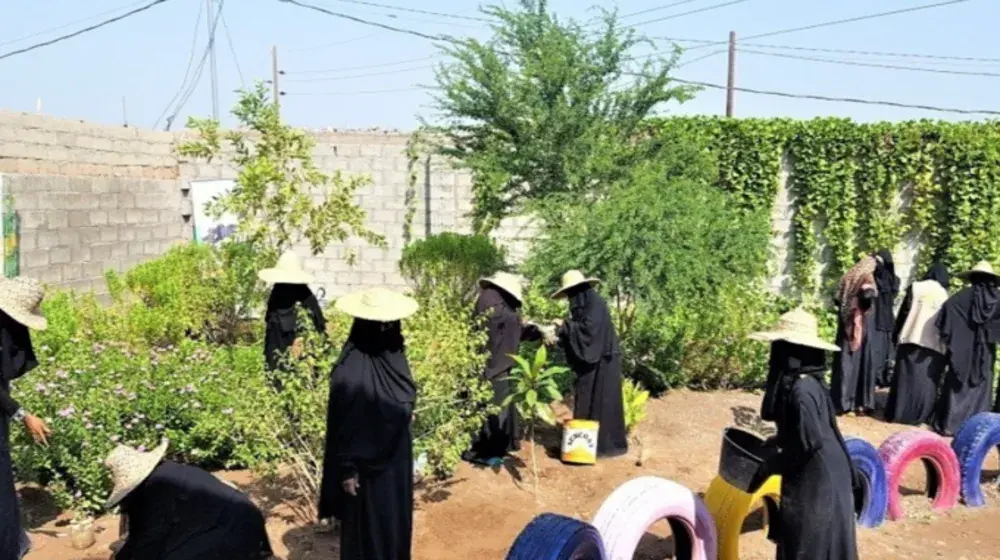On 1 December 2017, tensions between Houthi rebels and the General People’s Congress flared up , sparking fierce fighting in Sana’a city and other areas of Yemen leading to the assignation of former President Ali Abdullah Saleh. At least 125 people have been killed and more than 230 people injured, according to the International Committee of the Red Cross (ICRC). Clashes have been reported from at least 16 different neighbourhoods in Sana’a city. Some of the fiercest fighting has been around the Diplomatic area near the UN compound and those of other humanitarian organizations. The UN downscaled its international staff presence in Sana’a and other targeted governorates as a result. The situation in Sana’a city, port of Hudaydah and many part of the country remains tense, volatile and unpredictable.
The 2018 Humanitarian Needs Overview for Yemen released in December reveals that needs across Yemen remain overwhelming: an estimated 22.2 million people need some kind of humanitarian or protection assistance, including 11.3 million who are in acute need - an increase of more than one million people since June 2017. Some 8.4 million are one step away from
starvation. These figures do not include additional needs that might have been created by the three-week blockade on imports of humanitarian and commercial goods into Yemen as well as the most recent escalation of hostilities in Sana’a.





